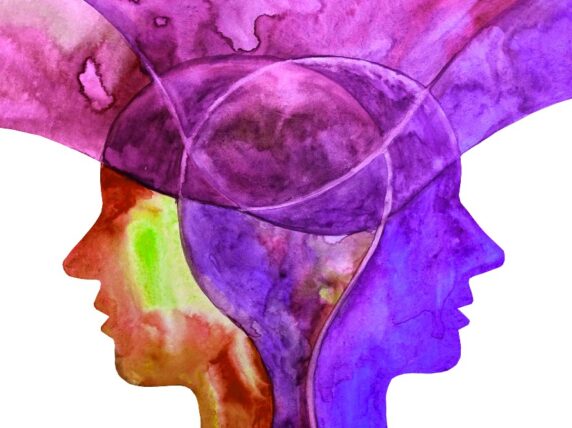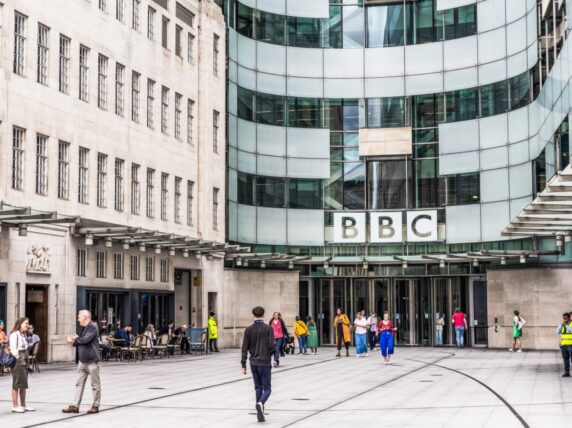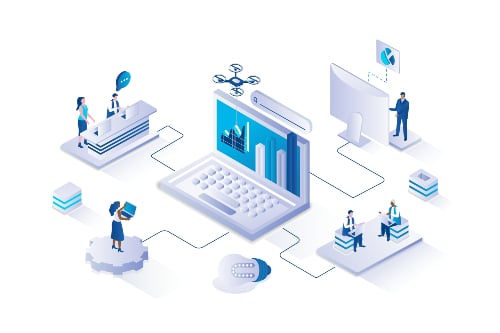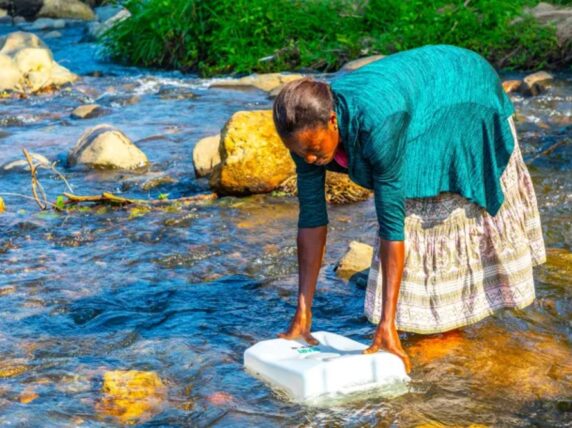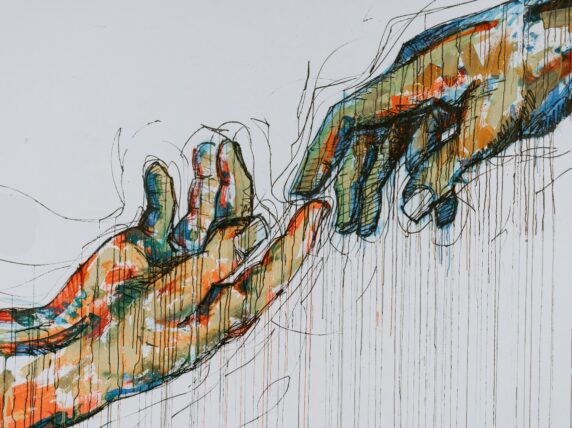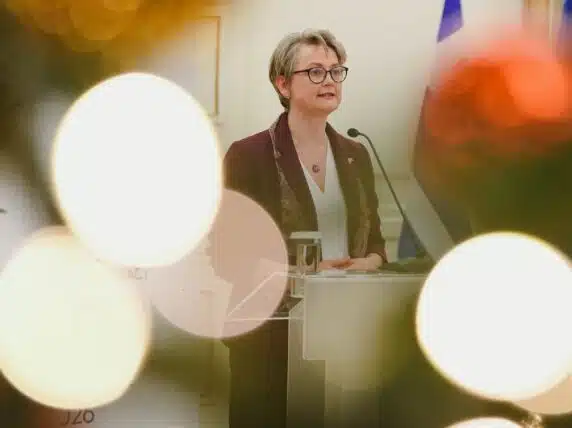One year on from the gutting of USAID by the Trump administration, our Media Advisor, Emily Loynes, looks back over a period of upheaval and uncertainty for the sector, including many of Bond’s members, and a global aid landscape still coming to terms with its new reality.
This new blog looks at why including all people with disabilities matters by exploring invisible and unrecognised disabilities, and what their exclusion reveals about how disability is understood within inequality campaigning and social justice movements.
The government has launched a public consultation that will inform decisions around the future of the BBC. If you want to see more and better programmes about our world, we urge you to complete the survey. Here’s why it matters and some key questions to address.
Last week, Baroness Chapman, Minister for International Development and Africa, gave evidence to the International Development Committee on the future…
This hybrid model frees up in-house staff from the reactive, unpredictable ‘noise’ of IT support, allowing them instead to focus on delivering the organisation’s IT strategy.
The community is already empowered. They just need the right convergence point to work with the government and help orient them on this. It is a process of building leadership at the community level.
Sweeping cuts to global aid have ushered in a crisis, but they are also creating the opportunity to transform how global health partnerships develop and function for the better.
There are many ways to ‘do human resources’. Hafton HR looks at the different models available which combine internal and external expertise. Would outsourcing HR benefit international NGOs?
What is needed at such a time of crisis is a clear vision for how to deliver the most impact from the current development cooperation system. Yet, despite being in office for 18 months already, this government is yet to set out such a vision for its development cooperation.


